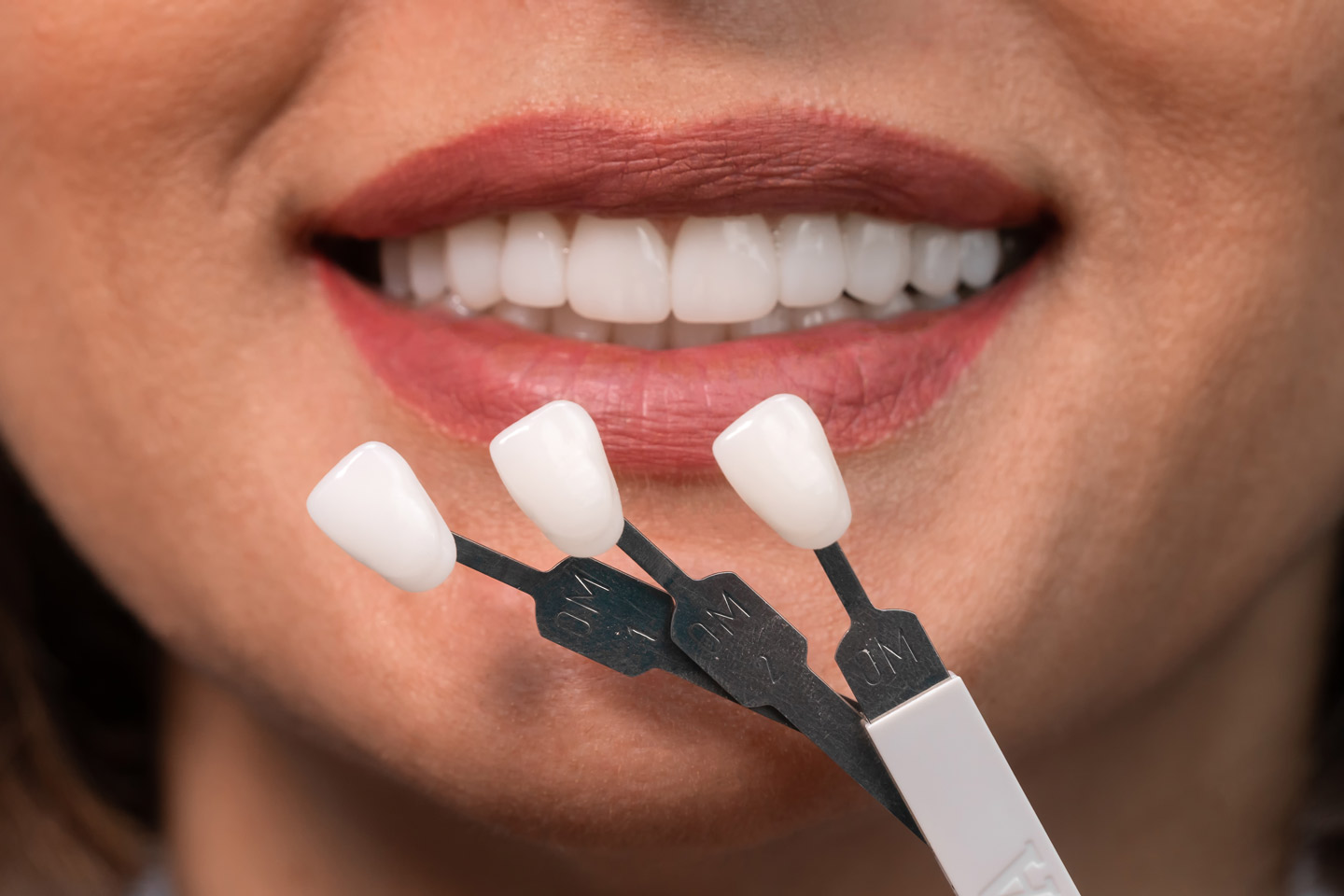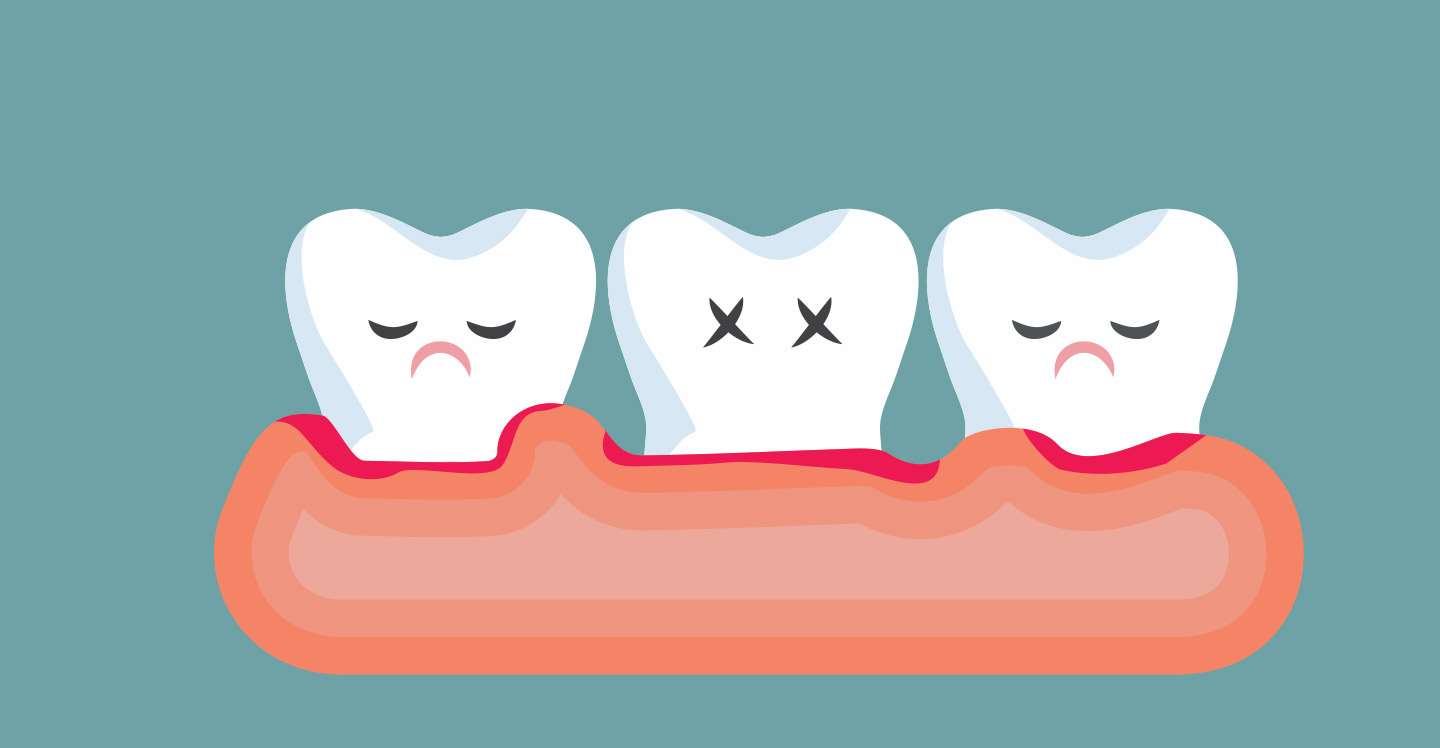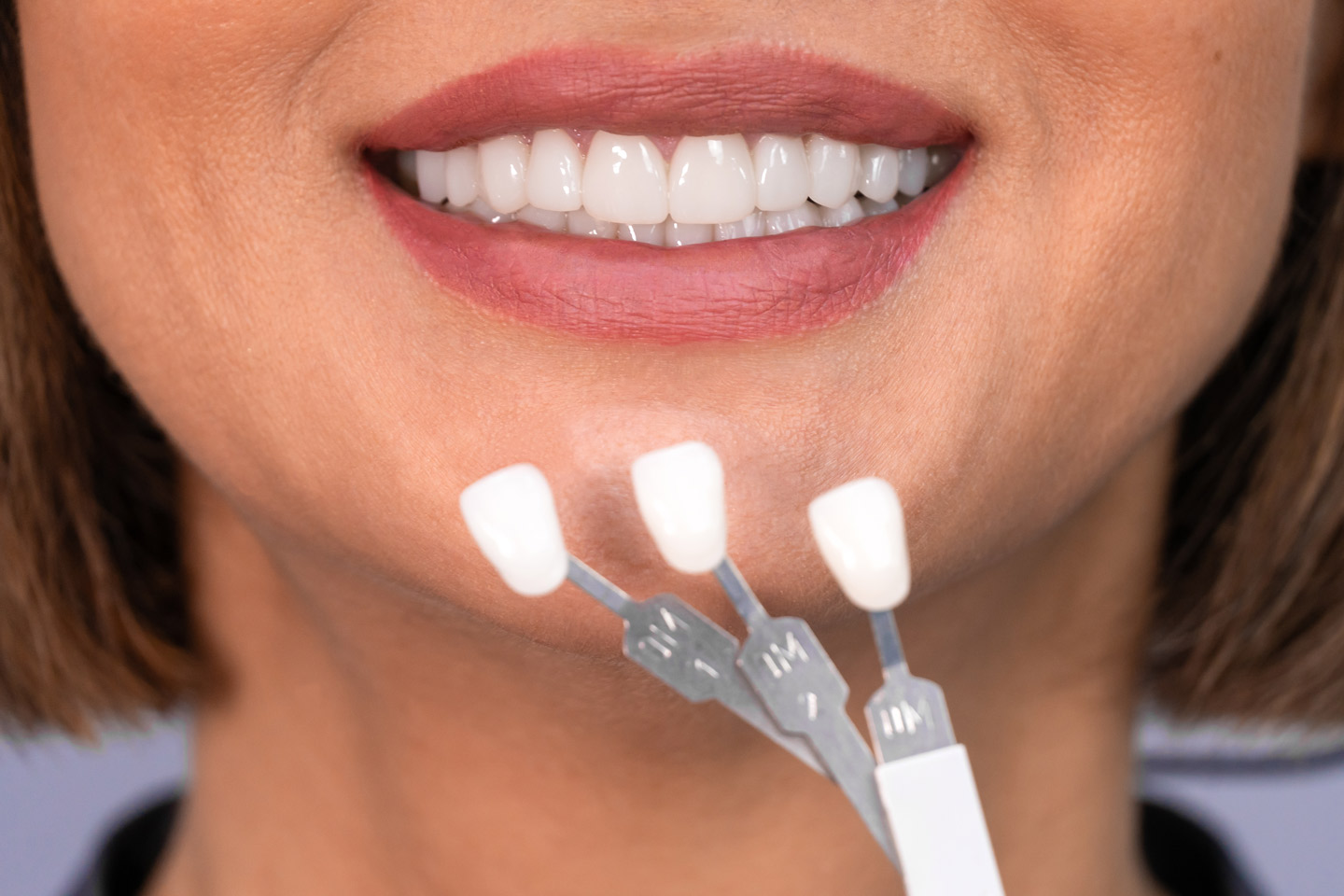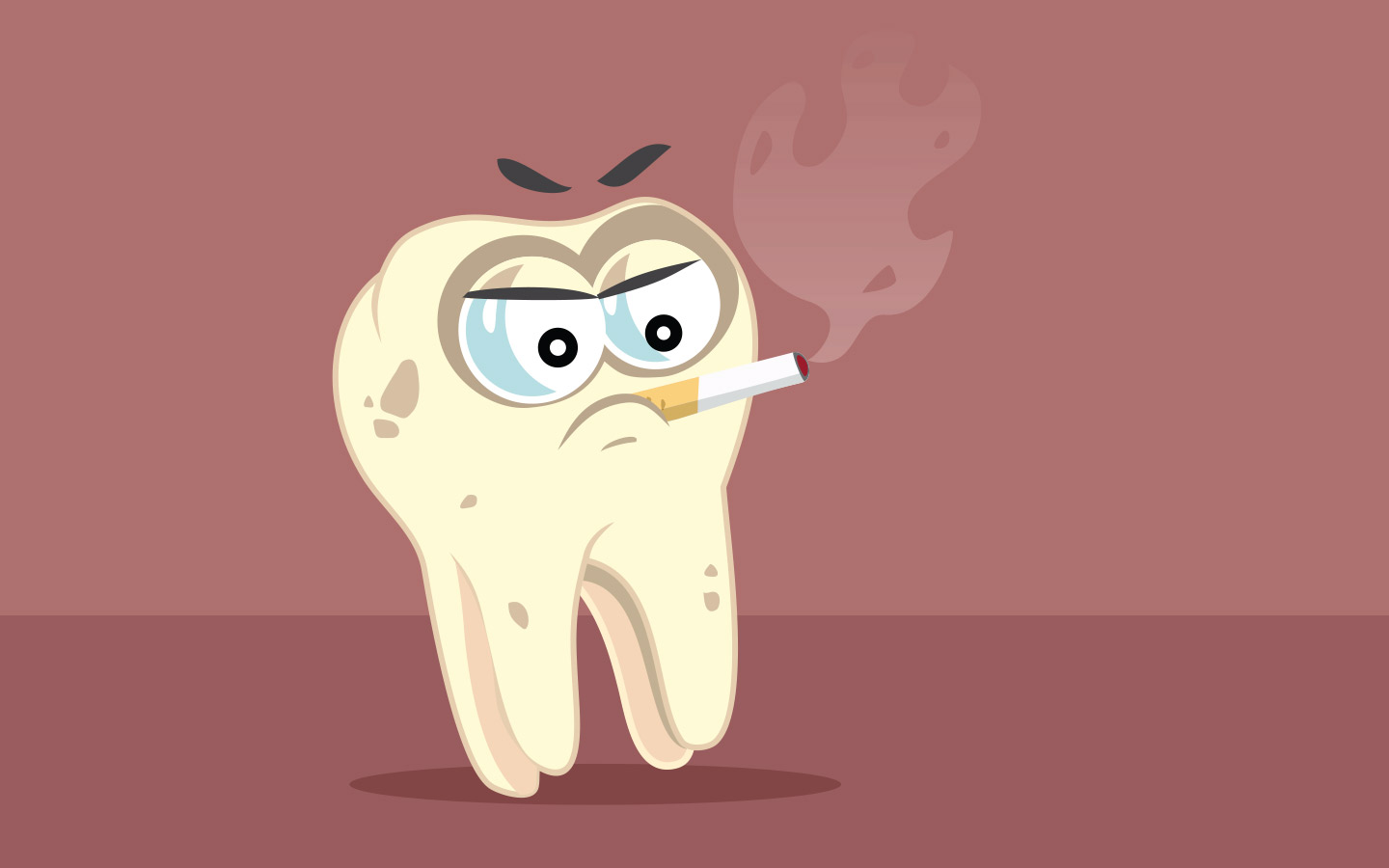Do Veneers Damage Your Teeth

However, as with any medical procedure, concerns about potential risks and consequences have arisen. One question that frequently arises is: Do veneers damage your teeth?
Understanding Dental Veneers
Dental veneers are a versatile cosmetic dental solution designed to address various aesthetic concerns such as discoloration, chips, cracks, misalignment, and uneven spacing. These thin shells are customized to match the color, shape, and size of your natural teeth, creating a seamless, radiant smile. They can be made from two primary materials: porcelain and composite resin.
Porcelain veneers are known for their durability and natural appearance, while composite resin veneers are more cost-effective and can be applied in a single visit.
The Veneer Placement Procedure
The placement of dental veneers typically involves several steps:
- Initial Consultation: Before getting veneers, a thorough examination is conducted to assess your oral health and determine if you are a suitable candidate for the procedure.
- Tooth Preparation: To make room for the veneers, a thin layer of enamel (usually less than a millimeter) is removed from the front surface of the teeth. This step is irreversible.
- Impressions: Impressions of your prepared teeth are taken and sent to a dental laboratory, where skilled technicians create custom veneers tailored to your specifications.
- Temporary Veneers: While waiting for the permanent veneers to be fabricated, temporary veneers may be placed to protect your prepared teeth and maintain aesthetics.
- Bonding: Once the permanent veneers are ready, they are bonded to your teeth using dental cement. A special light is used to harden the cement quickly.
- Final Adjustments: The dentist makes final adjustments to ensure the veneers fit perfectly and your bite remains natural.
Benefits of Dental Veneers
Dental veneers offer numerous benefits that have contributed to their popularity:
- Enhanced Aesthetics: Veneers can dramatically improve the appearance of teeth, providing a whiter, straighter, and more symmetrical smile.
- Minimally Invasive: The tooth preparation process is conservative compared to other dental procedures like crowns, making veneers a relatively less invasive option.
- Stain Resistance: Porcelain veneers are highly resistant to stains, allowing you to maintain a bright smile even after consuming staining substances.
- Durability: When properly cared for, veneers can last for a decade or more, offering long-lasting aesthetic improvements.
- Versatility: Veneers can address a wide range of cosmetic concerns, from minor chips to severe discoloration.
Potential Drawbacks and Concerns
While dental veneers have gained widespread acclaim, it’s essential to consider potential drawbacks:
- Irreversible Preparation: The removal of enamel is irreversible, which means that once your teeth are prepared for veneers, you will always require some form of restoration to protect them.
- Sensitivity: Some patients may experience increased tooth sensitivity after enamel removal, especially if the enamel layer was thin to begin with.
- Cost: Veneers can be relatively expensive, and while they offer long-term benefits, the initial investment might be a barrier for some individuals.
- Replacement: Veneers are not immune to damage. They can chip or break, necessitating replacement, which can incur additional costs.
- Maintenance: While veneers are stain-resistant, the natural teeth around them are not. This contrast could become more noticeable over time, requiring teeth whitening procedures.
Do Veneers Damage Your Teeth?
The question of whether veneers damage natural teeth is a complex one. When properly performed by a skilled dentist and coupled with appropriate oral hygiene practices, veneers should not inherently cause damage to your teeth. However, there are potential considerations to keep in mind:
- Enamel Removal: The most significant concern is the removal of a thin layer of enamel during the tooth preparation process. Enamel is the protective outer layer of the teeth, and its removal is irreversible. While this removal is necessary to accommodate the veneers, it does weaken the tooth structure and could potentially increase the risk of tooth sensitivity and other issues.
- Oral Hygiene: Maintaining excellent oral hygiene practices is crucial after getting veneers. The interface between the veneers and natural teeth can accumulate plaque and debris if not properly cleaned, leading to gum disease and potential decay.
- Bruxism: If you have a habit of teeth grinding or clenching (bruxism), it could exert excessive force on the veneers, potentially causing them to chip or crack. This is a consideration for anyone considering veneers, and a night guard might be recommended to protect both the veneers and natural teeth.
- Replacement and Maintenance: While veneers themselves may not damage your teeth, their eventual replacement could require additional enamel removal, further impacting tooth structure.
FAQs
Are veneers bad for your teeth?
Veneers themselves are not inherently bad for teeth. However, the process of applying veneers involves some removal of the tooth’s enamel, which is a permanent alteration. If not done properly or if not maintained well, veneers could potentially lead to issues like tooth sensitivity or decay. Proper care and regular dental check-ups are essential to ensure the health of teeth with veneers.
What are the downsides of veneers?
Some potential downsides of veneers include irreversible enamel removal during the preparation process, the possibility of sensitivity to hot and cold foods, and the need for replacements if they become damaged.
Can you go back to natural teeth after veneers?
No, once the tooth enamel is removed to prepare for veneers, it’s not possible to go back to your natural teeth. Veneers are a permanent alteration to your teeth. If you choose to remove veneers, your teeth will likely require an alternative treatment like dental crowns.
Do veneers damage original teeth?
The process of preparing teeth for veneers involves removing a small amount of enamel, which is a necessary step to ensure a proper fit. When done by a skilled dentist, this enamel removal is minimal and shouldn’t damage the teeth. However, the irreversible nature of enamel removal is a consideration.
Do people regret veneers?
People’s experiences with veneers can vary. Some individuals are satisfied with the improved appearance of their teeth, while others might have concerns about sensitivity, maintenance, or the aesthetic outcome. Thorough research, discussion with a dentist, and understanding the potential outcomes can help in making an informed decision.
Are veneers weaker than real teeth?
Veneers are generally strong and durable, but they can be more prone to chipping or cracking compared to natural teeth. Proper care, such as avoiding biting hard objects, can help prolong the lifespan of veneers.
When do veneers look fake?
Veneers might look fake if they are poorly designed or if they don’t match the natural color and shape of your surrounding teeth. A skilled cosmetic dentist will take great care to create veneers that blend seamlessly with your natural teeth.
Do veneers look fake?
When done properly, veneers should not look fake. Modern veneer materials and techniques aim to create natural-looking results that enhance your smile without appearing artificial. Working with an experienced cosmetic dentist is key to achieving a natural appearance.
Conclusion
Dental veneers are a remarkable innovation in cosmetic dentistry, offering individuals the opportunity to achieve the smile they’ve always desired. When performed by qualified professionals and maintained through proper oral hygiene, veneers should not damage your teeth.
However, it’s essential to weigh the benefits against the potential drawbacks and carefully consider the irreversible nature of enamel removal. Consulting with a knowledgeable dentist who can guide you through the decision-making process is crucial to making an informed choice about veneers and their potential impact on your oral health and aesthetics.




